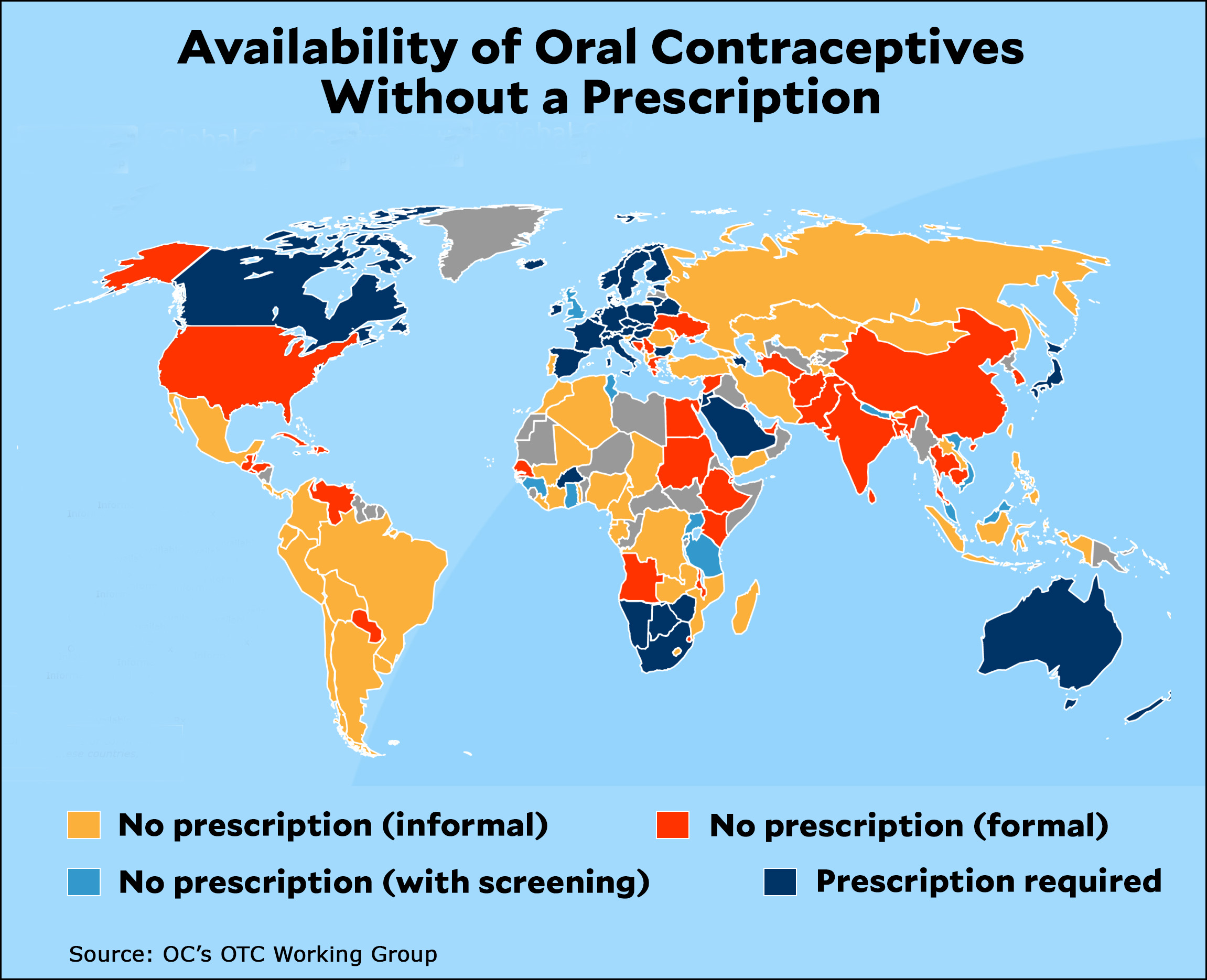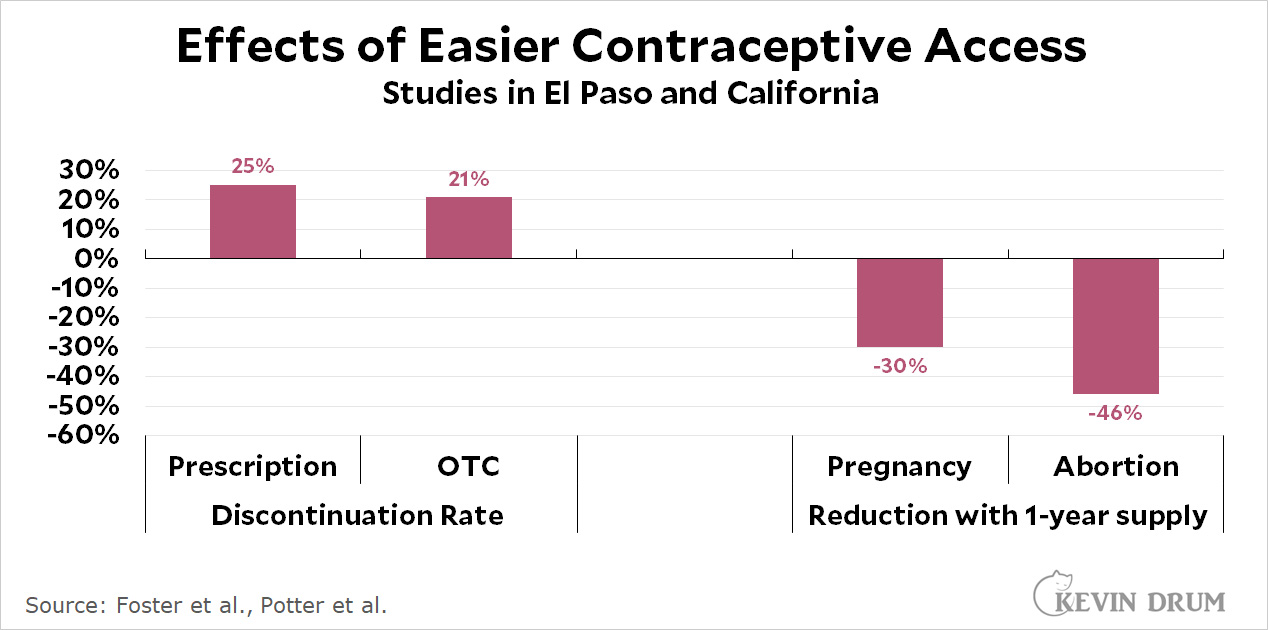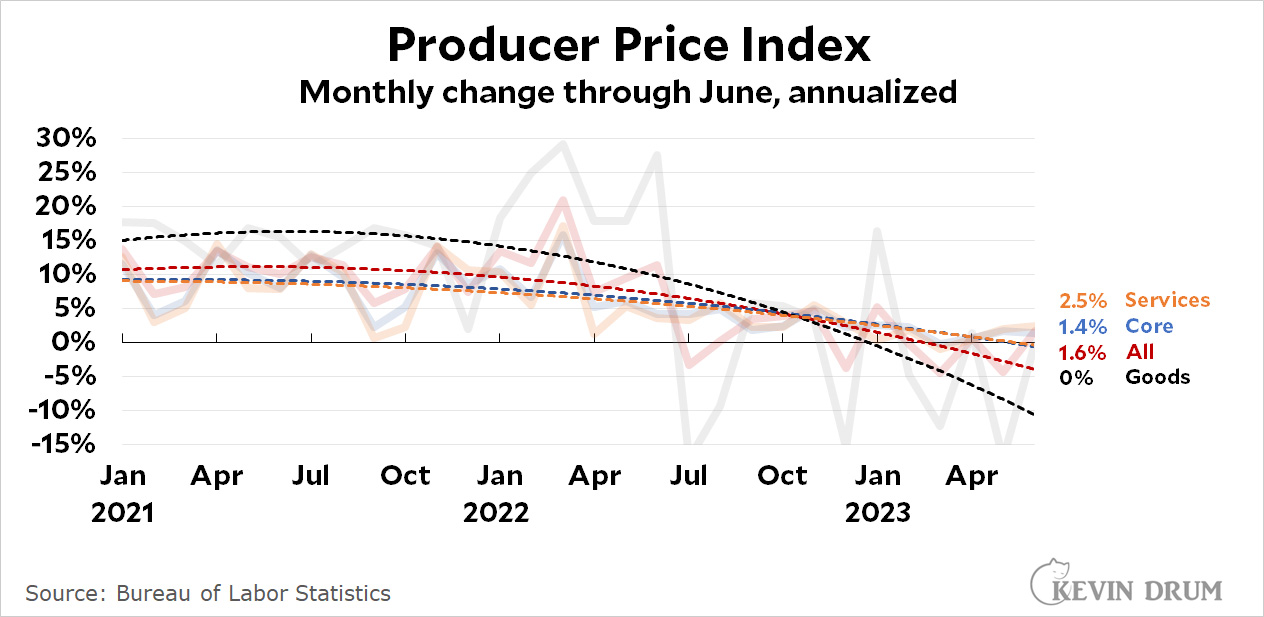The New York Post cherry picks a few quotes today to imply that Disney CEO Bob Iger isn't happy about going to battle with Ron DeSantis in Florida:
“The last thing I want is for the company to be drawn into any culture wars,” he told CNBC of Disney’s First Amendment case against DeSantis that was filed in April, which has since escalated into a row of warring lawsuits.
“I’m not sure that was handled very well,” Iger told CNBC of Disney’s response to DeSantis’ hotly-debated legislation that has been branded by critics as “Don’t Say Gay,” which was signed into law in March of 2022.
Over at National Review, Brendan Michael Dougherty takes it a step or three further:
Disney CEO: DeSantis Beat Us
What we should not be hearing after today are arguments that Disney won the battle with DeSantis. Disney is telling us, plain as day: This fight was a loss and should never have been fought at all.
I wouldn't have given this another thought if I hadn't run into a Politico headline and story about Iger's interview:
Disney CEO responds to DeSantis: ‘Preposterous’ that company is sexualizing kids
Disney CEO Bob Iger hit back at Florida Gov. Ron DeSantis on Thursday for starting a highly dramatized public fight against the entertainment giant....He also gave a full-throated endorsement of Disney’s ongoing lawsuit against the Florida governor, in which the California-based company accuses DeSantis of weaponizing his political power.
....“It’s concerning to me that anyone would encourage a level of intolerance or even hate that frankly could even become dangerous action. The notion that Disney is in any way sexualizing children, quite frankly, is preposterous and inaccurate,” Iger added.
....“Frankly, the company was within its right — even though I’m not sure it was handled very well — was within its right to speak up on an issue, constitutionally protected right of free speech,” Iger said Thursday. “To retaliate against the company in a way that would be harmful to the business was not something we could sit back and tolerate.”
I realize that this should probably be filed under "Who cares?" but for some reason it struck me as an especially egregious example of the intense desire so many people have to misrepresent things even when they're easily checkable. Hell, the Iger interview was on CNBC. Lots of people saw it, and it's obvious that Iger wasn't backing down, wasn't saying Disney had lost, and wasn't claiming they never should have fought back. He was saying exactly the opposite. What's the point of pretending otherwise?











